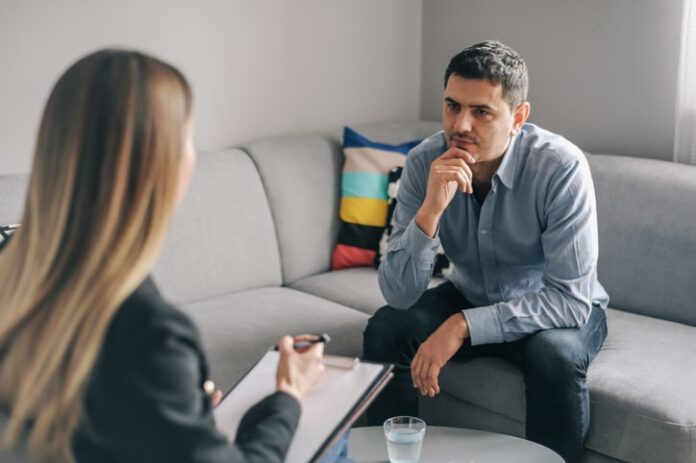Medication and psychotherapy are known to be effective for most people with facing depression. However, many people with depression also benefit from seeing a psychiatrist, psychologist, or another mental health professional. Find the Gratitude Lodge for treating depression easily. If you have major depression, you may need hospitalization or an outpatient program until your symptoms improve.
Find the right medication
If family members respond well to antidepressants, they may be able to help. Or you may have to try several drugs or a combination of drugs before finding one that works. This requires patience, as some medications may take several weeks or longer to take full effect and the side effects will go away as your body adjusts.
Heredity plays a role in how antidepressants affect you. In some cases, when available, genetic test results from a blood test or cheek swab can provide clues about how your body is responding to certain antidepressants. However, variables other than genetics can affect your response to treatment. To start your new life then Gratitude Lodge is the best place.
The risk of suddenly stopping the drug
Don’t stop taking medicines without first talking to your doctor. Antidepressants are not considered addictive, but physical dependence that is completely different from addiction can sometimes harmful for body. Without any consultancy don’t avoid any medicines otherwise it will show harmful effects to your body only. Sometimes it might lead to have death as well for negligence.
Stopping the medication suddenly or missing doses can produce withdrawal-like symptoms, and stopping suddenly can cause depression to get worse suddenly. Work with your doctor to reduce the dose gradually and safely.
Alternative format for therapy
This form of depression therapy is available as an alternative to in-office sessions and can be an effective option for some people. Programs can be therapist-led or partially or completely independent.
Before deciding on any of these options, discuss these formats with your therapist to determine if they can help you. Also, ask your therapist if they can recommend a trusted source or program. Some people may not be covered by your insurance, and not all developers and online therapists have the appropriate qualifications or training to make people out of addictions.Smartphones and tablets that offer mobile health apps such as support and general education about depression do not replace visits to a doctor or therapist.
Hospitalization
In some people, depression is severe enough to require hospitalization. This may be necessary if you are unable to take care of yourself or if you are in danger of harming yourself or others. Partial hospitalization or daycare programs may also help some people. These programs provide the outpatient support and counselling needed to control symptoms.
Psychotherapy
Psychotherapy is a general term for treating depression by talking to a psychiatrist about your condition and the problems it can cause. In the therapy session people can find the best way for treating themselves and leave addiction for whole life. Various types of psychotherapy can be effective for depression, such as B. cognitive behavioural therapy or interpersonal therapy. Your psychiatrist can also recommend other forms of therapy. Psychotherapy can help you:
- Adapt to the current crisis or other difficulties
- Get a relation with people whom you love and find comfort around them.
- Find better ways to handle and solve problems
- Identify the problems contributing to your depression and change the behaviours that make it worse
- Regain a sense of contentment and control in your life and help relieve symptoms of depression such as hopelessness and anger
- Make sure that you have some goals in your life
- Develop the ability to tolerate and accept stress by adopting healthier behaviours
Other treatment options
Other procedures, sometimes called brain stimulation therapy, may be offered for some people:
Electroconvulsive therapy (ECT). ECT is usually used in people who don’t get better with medication, can’t take antidepressants for health reasons, or are at high risk of suicide.
Transcranial Magnetic Stimulation (TMS). TMS may be an option for those who don’t respond to antidepressants. During TMS, grooming coils placed on your scalp send short magnetic pulses to stimulate nerve cells in your brain that are involved in mood regulation and depression.


